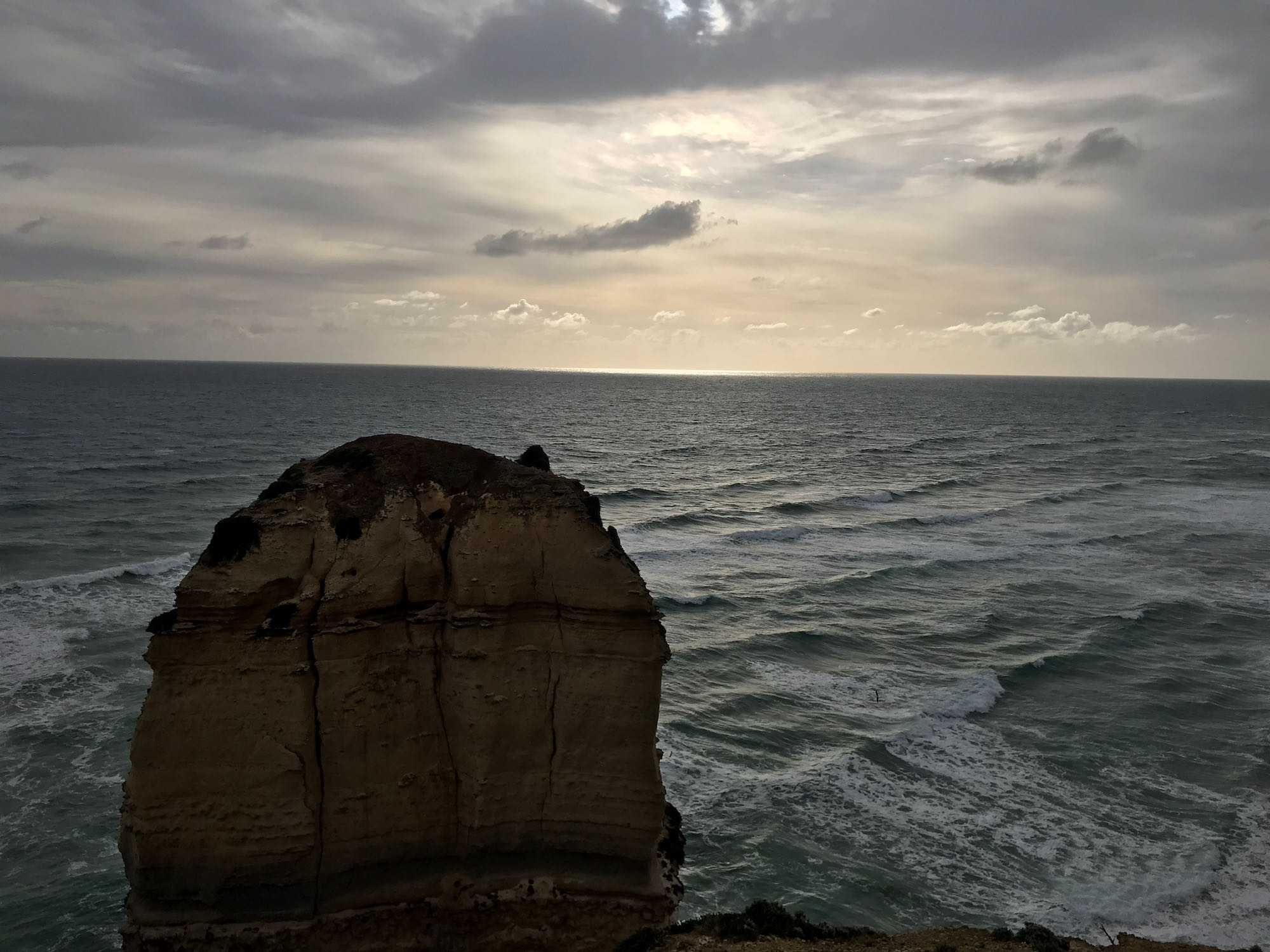One year ago, we saw China was competing with the US for African hearts and minds based on a BBC poll. Not long after that BBC poll, International Herald Leader, a subsidiary weekly of Xinhua News Agency, started a survey on how African view China. It took them five months to complete the survey.
We have conducted the survey with 121 representatives in some African countries, and 32 mainstream media of 16 African countries.
It is a rather comprehensive survey.
I am glad that International Herald Leader grants me the right to translate and publish the survey report here, so that we can have one more different voice besides BBC. I believe this can also help people understand how China sees Africa.
A Survey of African’s Views On China
Original post: 《中国在非洲形象调查》 by International Herald Leader《国际先驱导报》
Translators: EPIN
Editor: Cathy and Jacky Peng
This year (2006) marks the 50th anniversary of the inauguration of diplomatic ties between new China and African countries. Although China and Africa are far away from each other, friendship and cooperation between China and Africa are long-standing. In half a century, friendship between China and Africa has been constantly consolidated and developed against the test of time.
In former days, China was benignly called by African countries as their “Big Brother”. So, how do the Africans and African media view China today? What image does China have in their eyes today?
To get the answer, 16 Africa-based branch agencies of International Herald Leader work with the Global Issues Research Centre of the Xinhua News Agency for a research. The research started in mid-May this year (2006). In 5 months, we have conducted the survey with 121 representatives in some African countries, and 32 mainstream media of 16 African countries. We have interviewed with overseas Chinese, Chinese expats in Africa and Chinese African experts. In the end, we can have a relatively clear understanding of how African view China at present. We can better understand the problems and reasons behind such view.
This survey involves 16 countries: Kenya, South Africa, Nigeria, Zambia, Uganda, Tanzania, Ethel compare Asia, the Democratic Republic of Congo, Senegal, Cameroon, Gabon, Cote D’Ivoire, Angola, Egypt, Sudan, Algeria.
China in African’s heart: China has nothing do with “New Colonism.”
The African not only highly appreciate China’s achievements since the implementation of the reform and open policy, but also are very pleased to see a flourishing and prosperous China. Continue reading “How China is viewed in Africa?”

